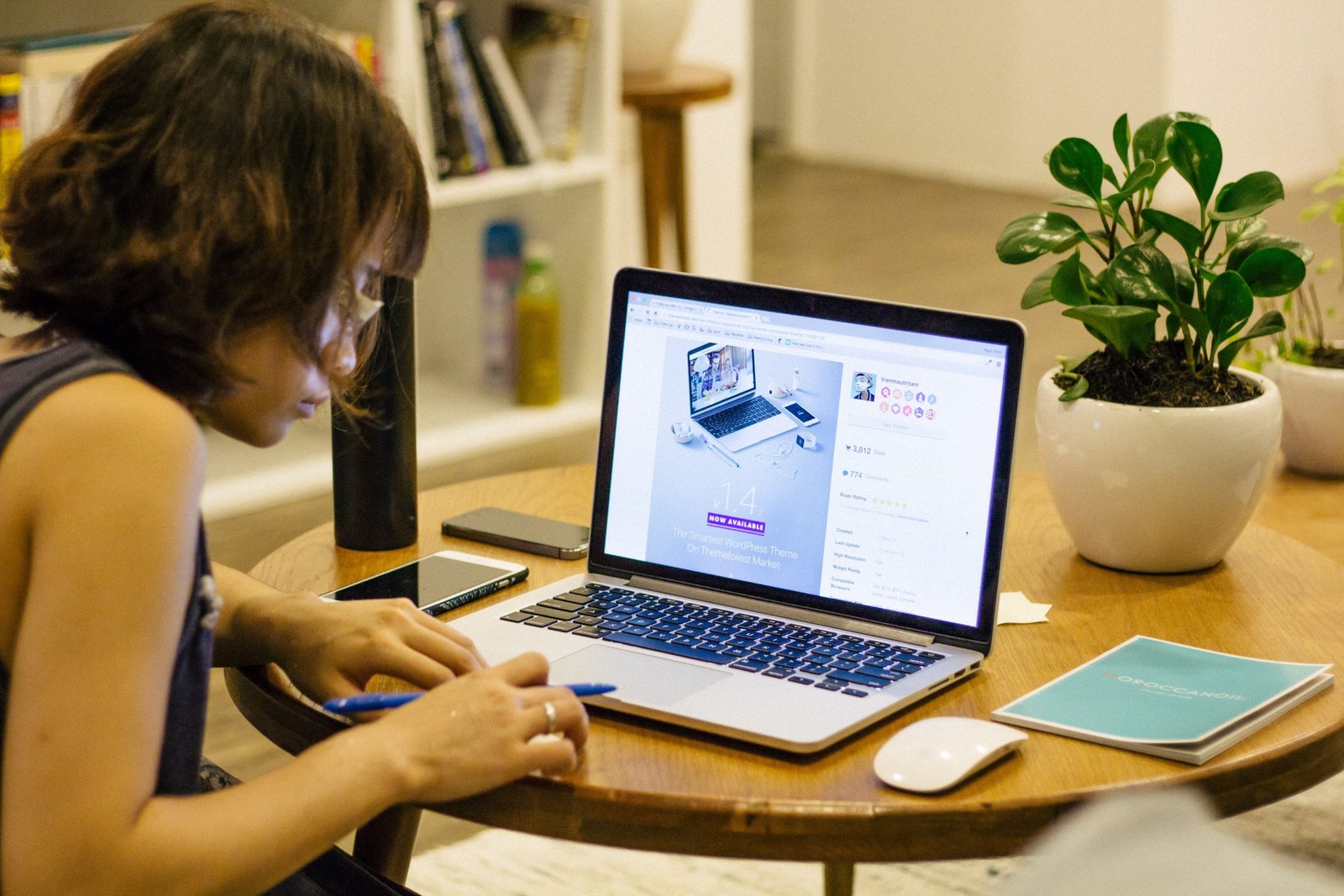According to DataReportal, a total of 5.16 billion people around the world used the internet at the start of 2023.
We can’t imagine communicating, working, studying, watching videos, and listening to music without it. Basically, all our daily life is related to plenty of online activities.

However, it is important to keep the safety rules in mind when surfing the net. Otherwise, you risk running into scammers or losing key information. So below, we’ve put together 13 tips to help you improve your digital literacy.
Perhaps after reading this article, you may feel the desire to study some topics in more detail. Thus, be sure to free up your college schedule by typing “write an essay for me” in the search bar. Then, you can make yourself some coffee and dive into the world of IT. We promise, in our fast-moving world, such knowledge will not be superfluous.
Install Antivirus Programs
A virus is a malicious program that enters your computer, laptop or smartphone in the most unpredictable ways. It can not only interfere with their work or make part of the memory inaccessible, but also steal confidential information such as logins, passwords, or banking details.
It is crucial not only to use antiviruses, but also to update them regularly. Those who create malicious programs update and change them all the time to forego the complex layers of protection. So you must be well prepared for it.
Use Complex Logins And Passwords
Are you using your last name, 1234 or QWERTY as a password? Well, this is extremely dangerous. If someone tries to steal your confidential information, such poor protection won’t stop them. A good password is a complicated mix that uses uppercase and lowercase letters, symbols and numbers. Actually, special programs generate them in no time. Plus, it’s best to use different combinations of logins and passwords for various platforms.
Log Out On Someone Else’s Devices
Did you use someone else’s phone or laptop? Then, it is not enough just to close the page you opened. First, don’t forget to log out of all accounts and social networks on the device. Otherwise, the person will be able to log into your account. Even if you trust them, you don’t know what antivirus they use, so you cannot really rely on them.
Check Whether The Connection Is Secure
Always analyze what is written in the address bar. If the site address starts with HTTPS – everything is fine then, the connection is secure and you can enter confidential information here. However, if the address starts with HTTP, it means that the connection isn’t safe. There should also be a padlock icon to the left of HTTPS.
Pay Attention To The Wi-Fi You Use
Public connections are available in cafes, shopping malls, airports, etc. Don’t use them if you are going to enter logins and passwords, or make payments for services and goods via the internet. Better limit yourself to your mobile data.

Don’t Share Your Confidential Information
Don’t send passwords, logins, passport data, PIN codes and other similar information in instant messengers, chats or by email. Even if your interlocutor claims that they are a bank security representative, better not do that. If in doubt, it is better to call your bank or other organization and clarify whether such a person actually works there.
Don’t Store Scanned Documents In The Mailbox
We advise you not to send scans and photos of documents by email and instant messengers at all. If such a need arose, then delete the message after sending it. But before that, make sure that the recipient has received the documents.
Limit What You Post Online
Another tip is not to post your phone number, email address and other contact information to the public. If you need to do this because of job responsibilities or a job search, create an email address and phone number that will be used for these purposes only. Many social networks allow you to customize who can view your profile and send messages. You can open access for confirmed friends, for instance.
Don’t Open Suspicious Emails
Before opening an email, read the header and see who sent it to you. If you are not interested in the topic, or the address is a chaotic jumble of symbols, then send it to spam. And never open .exe files in suspicious emails.
Don’t Follow Suspicious Links
Even if the pop-up link promises something cool and profitable, it is better not to click on it. If a friend sent you a link without any comments, ask them what they had in mind through a different communication channel. They may have been hacked and now scammers are using their profiles to send malware.

Don’t Install Questionable Apps
There are two secure application sources:
- Official stores created by Apple, Google, Microsoft and other similar companies;
- Official websites of the companies that developed the applications.
Installing apps from other sources (including pirate versions) may result in you having to clean your computer or phone from viruses.
Be Cautious Of Free Offers
Did you see the words “for free”, “99% off” or anything like that? Avoid such sites. All of them offer golden mountains, but in reality, you will either lose money or pay a huge amount for a cheap fake.
Be Careful With Social Media Purchases
Now, a lot of goods and services are offered through social networks. If you are interested in handmade earrings or beautiful desserts, make sure the person who sells them is real.
Maybe your friends have already ordered something from them. If you are making a purchase for the first time, don’t transfer the payment to their account before receiving the service or goods. Say that you will pay once you get what you’ve paid for. Follow these guidelines to save your privacy and money.
To Wrap It Up
When using a computer, tablet or smartphone, a secure internet connection is your basic necessity. The tips collected above will help you easily avoid online threats that are somewhere there, as well as allow you to use any services without any problems.






